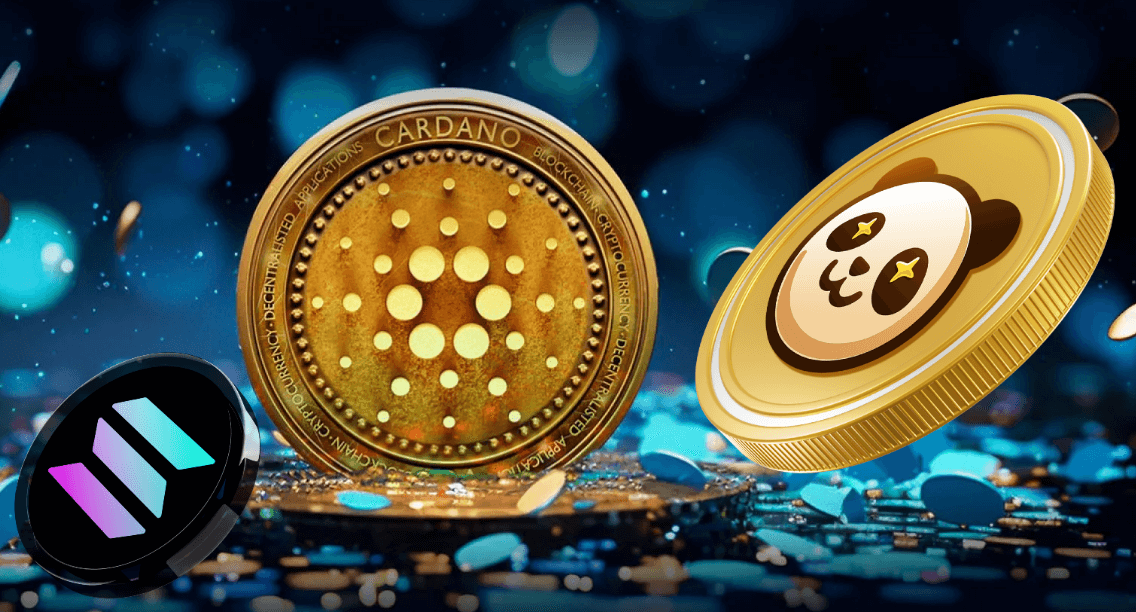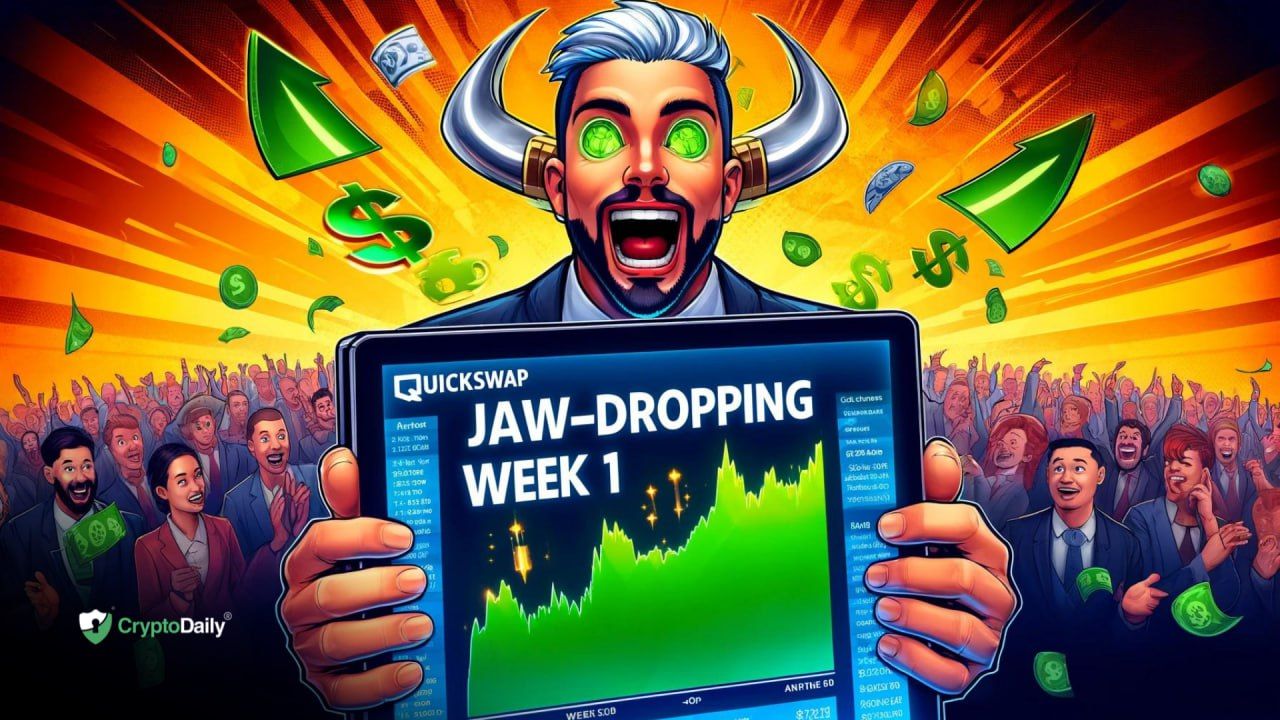The decentralized finance (DeFi) market is filled with excitement over the newly launched Pandoshi (PAMBO) project. With innovative features and strong tokenomics, Pandoshi seems poised to attract major DeFi whales and establish itself as a leading ecosystem. But how does it compare to existing giants like Polygon (MATIC) and Cardano (ADA)?
About Pandoshi (PAMBO)
Pandoshi is a community-driven project inspired by the decentralized ethos of Bitcoin creator Satoshi Nakamoto. Its native utility token, PAMBO, follows a deflationary model, with burning mechanisms from ecosystem products like the PandoshiSwap decentralized exchange and Cardoshi crypto debit cards.
Pandoshi focuses on building a robust DeFi ecosystem. This includes launching its own PoS blockchain, PandaChain, non-custodial Pandoshi Wallet, Cardoshi debit cards, PandoshiSwap DEX on the Ethereum mainnet and later PandoshiChain, and more products.
There is a total supply of 2 billion PAMBO tokens, with 1 billion available in the ongoing public presale. The presale is currently in its final phase, with 31% of the allotted supply sold at $0.01 per PAMBO. Pandoshi’s team has confirmed the token will get listed on top exchanges like Binance, Coinbase, and Uniswap after concluding its presale event.
Attracting DeFi Whales
Pandoshi offers several incentives that can effectively attract institutional investors and DeFi whales:
-
Scarcity via deflationary tokenomics ensures PAMBO maintains value in the long run. Whales benefit from holding an appreciating asset.
-
High potential for price growth if the promising roadmap is executed well and products gain adoption. Investing early allows for the highest returns.
-
Utility across a wide array of DeFi products means more use cases for PAMBO usage and staking. An active ecosystem is essential for sustainability.
-
Listing on top exchanges offers instant liquidity. DeFi whales can enter and exit large positions conveniently.
Given these compelling reasons, it’s easy to see why Pandoshi can capture the interest of big industry players looking to allocate funds in the DeFi niche.
How Pandoshi Compares to Rivals
Let’s look at how Pandoshi fares against two of the most popular smart contract platforms - Polygon and Cardano.
Polygon (MATIC)
As a layer 2 scaling solution for Ethereum, Polygon focuses primarily on improving transaction speeds and reducing gas fees. It has seen strong adoption, with over 19,000 DApps hosted. However, Polygon is still quite centralized, with a small set of validators running the network.
In comparison, Pandoshi offers a more well-rounded value proposition covering scalability, payments, swapping, NFTs, gaming, etc. PandaChain will be an independent layer 2 blockchain tailored for the ecosystem's needs. Pandoshi also utilizes community governance for true decentralization.
Cardano (ADA)
The key difference between Pandoshi and Cardano is that Pandoshi’s products already exist or will launch soon. Cardano is still very much in the development phase, despite having been around since 2017. Important elements like smart contracts were enabled only recently.
Pandoshi is launching out of the gate with a full suite of DeFi offerings. And development is progressing rapidly, with four out of five phases of its presale successfully sold out. PandaChain testnet,mainnet and PandoshiSwap are all lined up for launch in 2024. Compared to this, Cardano’s delayed roadmap is a detriment.
Conclusion
As Pandoshi moves closer to concluding its presale, listing PAMBO on top exchanges, and launching its mainnet/products, it seems on track to surpass legacy platforms like Polygon and Cardano soon. The project has all the ingredients needed to emerge as a breakout star in 2024.
Click Here To Take Part In Pandoshi Presale
Visit the links below for more information about Pandoshi (PAMBO):
Website: https://pandoshi.com/ Whitepaper: https://docs.pandoshi.com/
Disclaimer: This is a sponsored press release and is for informational purposes only. It does not reflect the views of Crypto Daily, nor is it intended to be used as legal, tax, investment, or financial advice.





